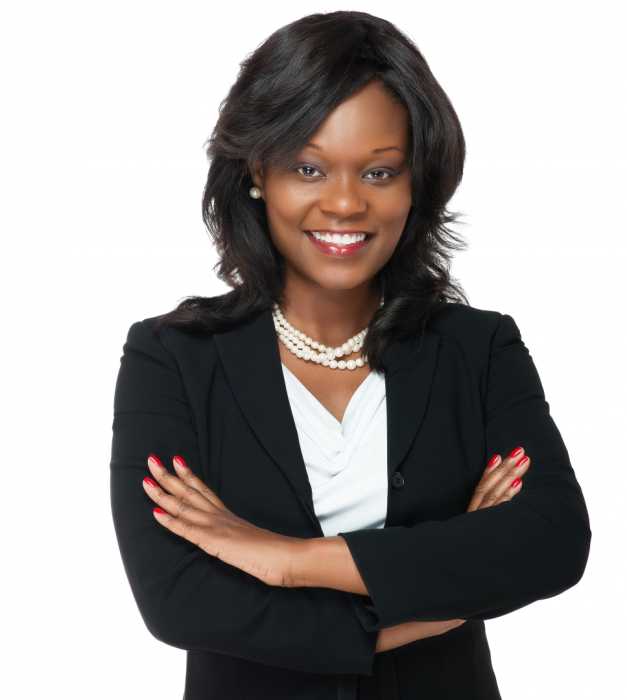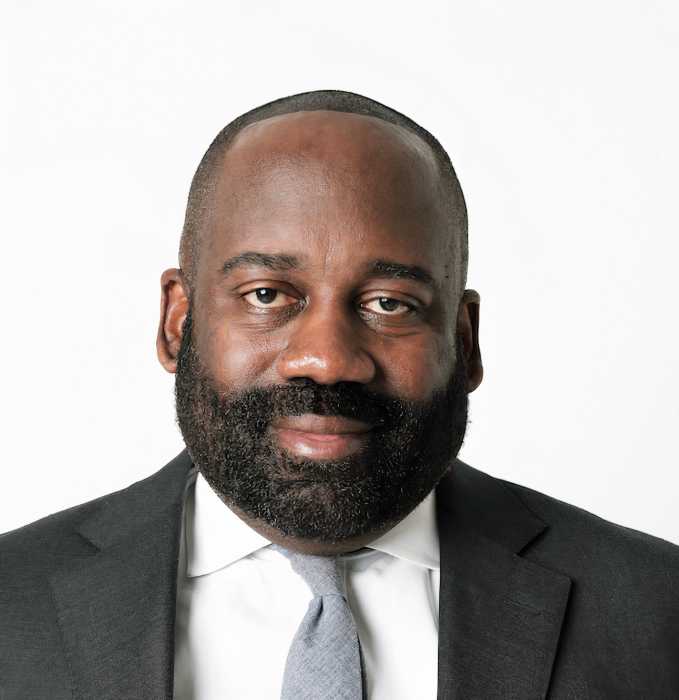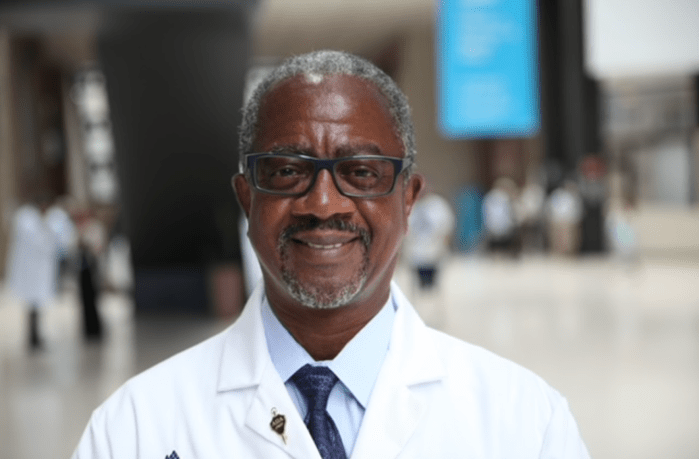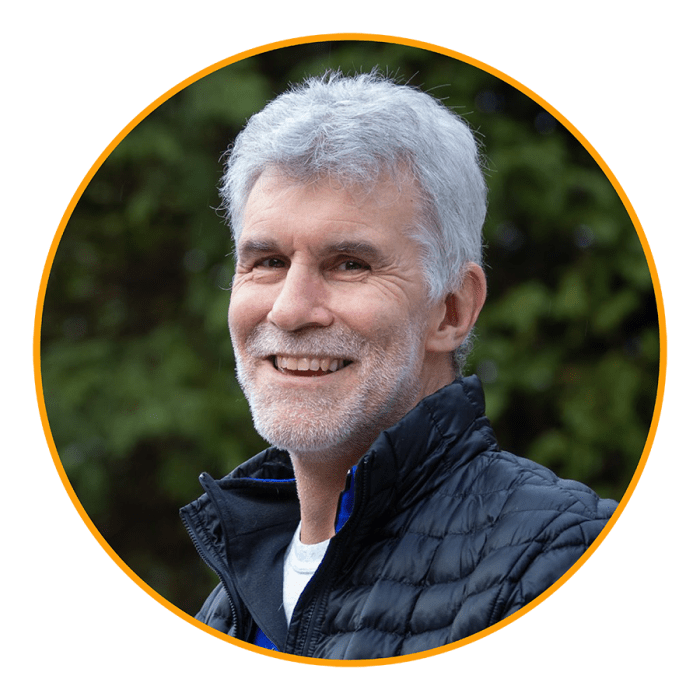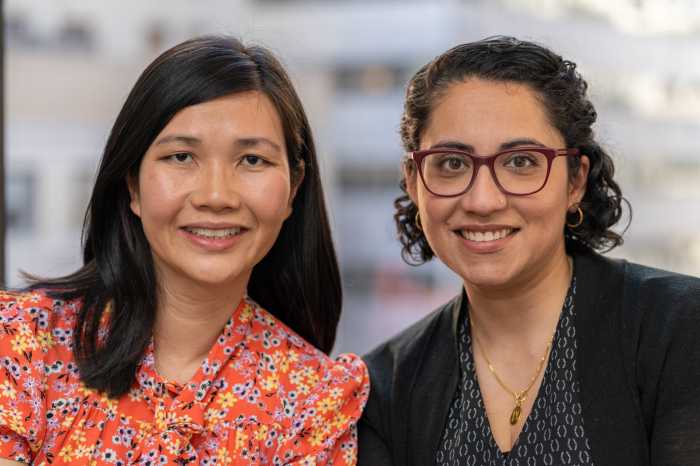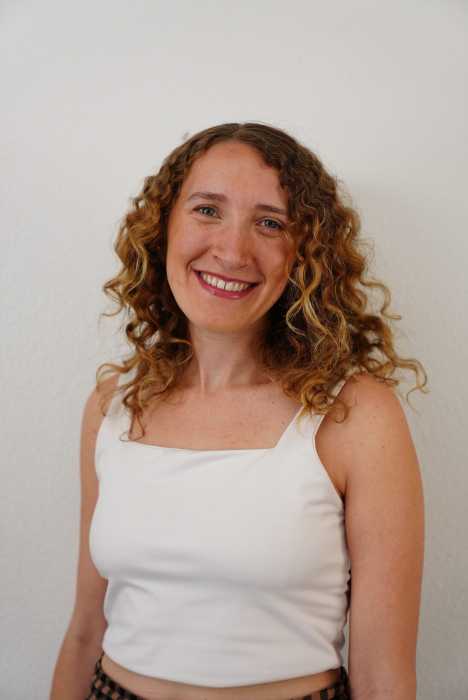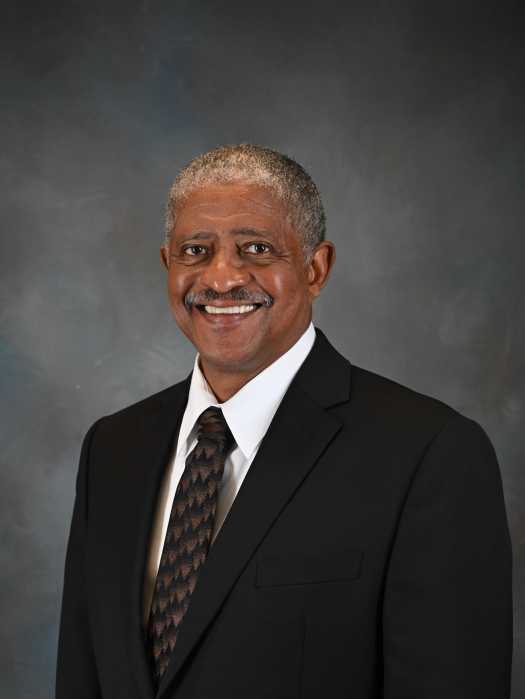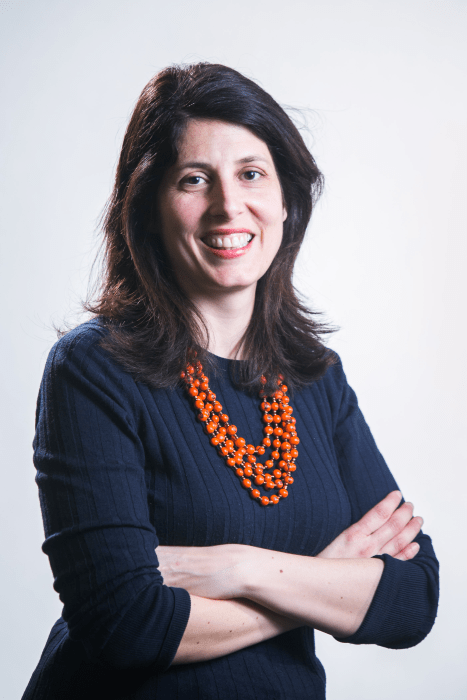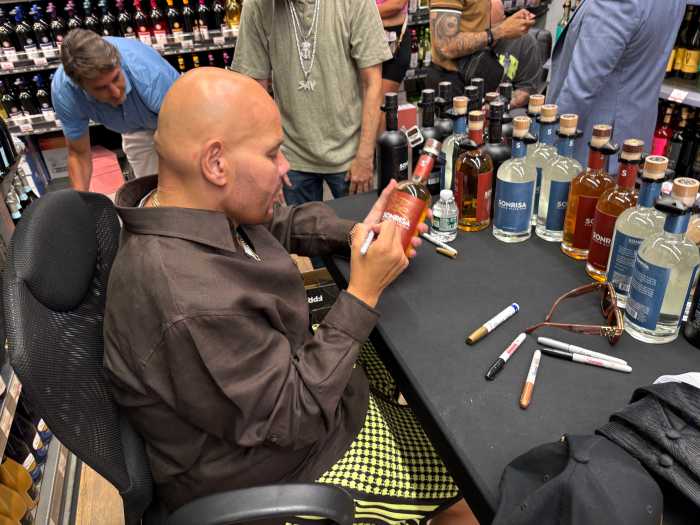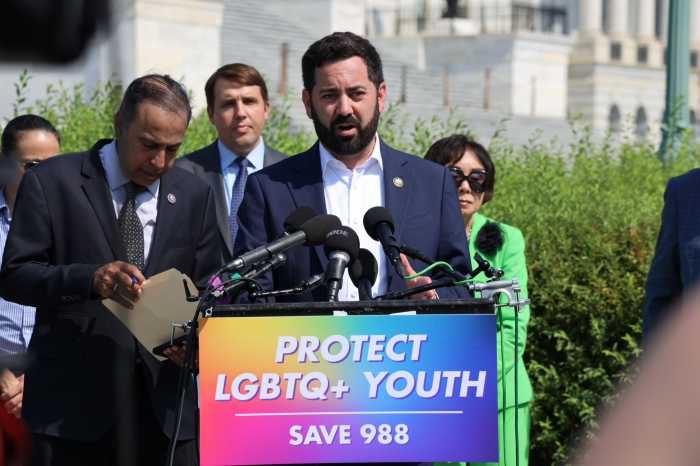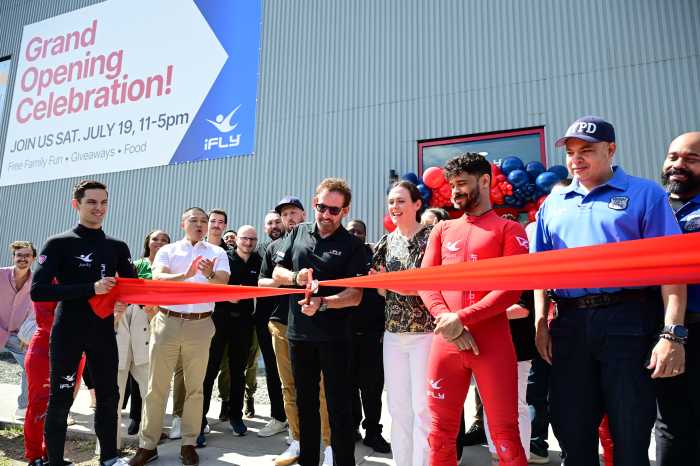Assembly Member Rodneyse Bichotte Hermelyn represents the 42nd assembly district in Brooklyn and is chair of the Brooklyn Democratic Party, the New York State assembly majority whip and chair of the Subcommittee on Oversight of MWBEs–where she’s been instrumental in the passage of her sponsored laws helping MWBEs thrive and succeed. Elected in 2015 as the first Haitian-American legislator from NYC, she has introduced over 200 pieces of legislation, 34 that became law, and co-sponsored over 250 others.
How do you define diversity, equity and inclusion?
DEI means empowering everyone by leveling the playing field. To truly achieve DEI, organizations and legislators can’t use a blanket approach–we must be cognizant of the unique barriers that various communities are facing and address them specifically. You can’t just “check the boxes” on diversity requirements. DEI means that individuals are free from bias and afforded the same opportunities for advancement, especially when it’s a reflection of the community and clients we serve.
What motivated you to become a DEI advocate?
As a daughter of Haitian immigrants, born and raised in Flatbush, Brooklyn, and having spent most of my life in this community that I now represent, I’ve seen firsthand how diverse communities and people have traditionally not been included and treated equitably. The diverse mosaic of Brooklyn has motivated me to ensure there’s equality and inclusion for everyone and I’m proud to keep leading the charge with my trailblazing colleagues.
What do you think are some of the benefits of promoting diversity, equity and inclusion?
Many communities face unfair barriers blocking them from opportunities. By advancing DEI, we’re eliminating vast disparities–including economic, education, and employment gaps–by leveling the playing field for the disenfranchised. Let’s not forget that DEI benefits everyone. Studies prove that DEI initiatives boost business’ bottom lines and foster innovation. A rising tide lifts all boats. It’s a welcome trend that businesses are embracing DEI, but there’s still much work to be done.


